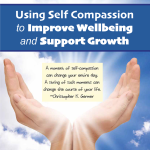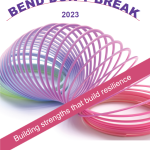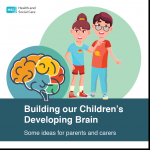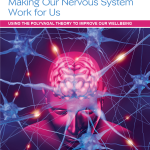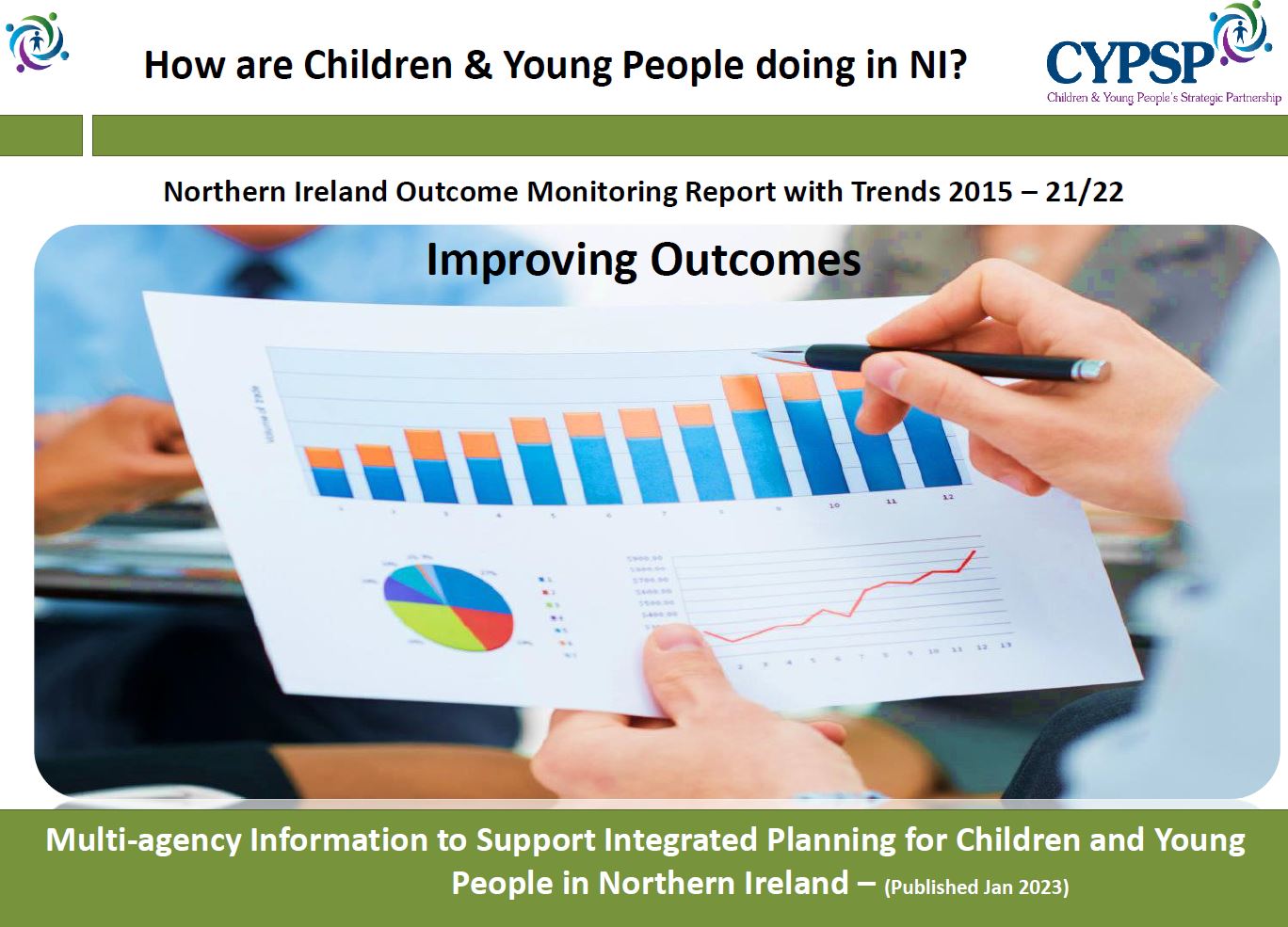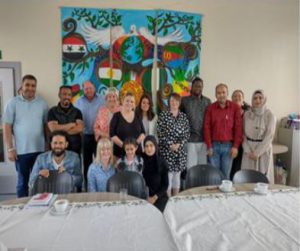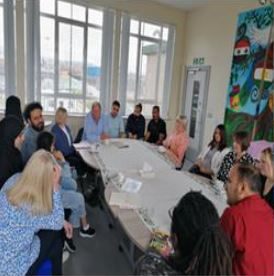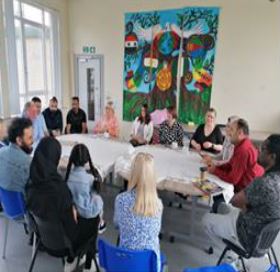Working with young children is acknowledged as being challenging both physically and psychologically. Even so, Early Years Educators demonstrate very high commitment to the children in their care. However, you cannot pour from an empty cup, and in this Keynote Mary explains the impact of stress on our lives, and looks at how Educators can support their own wellbeing and avoid burnout. Participants will also have the opportunity to attend 2 of 3 workshops, details of all workshops are on page 2.
Conference details:
Date: Thursday 29th February 2024
Time: Registration from 9am, the conference will take place 9.30am – 3pm
Venue: Tullyglass Hotel, Ballymena

